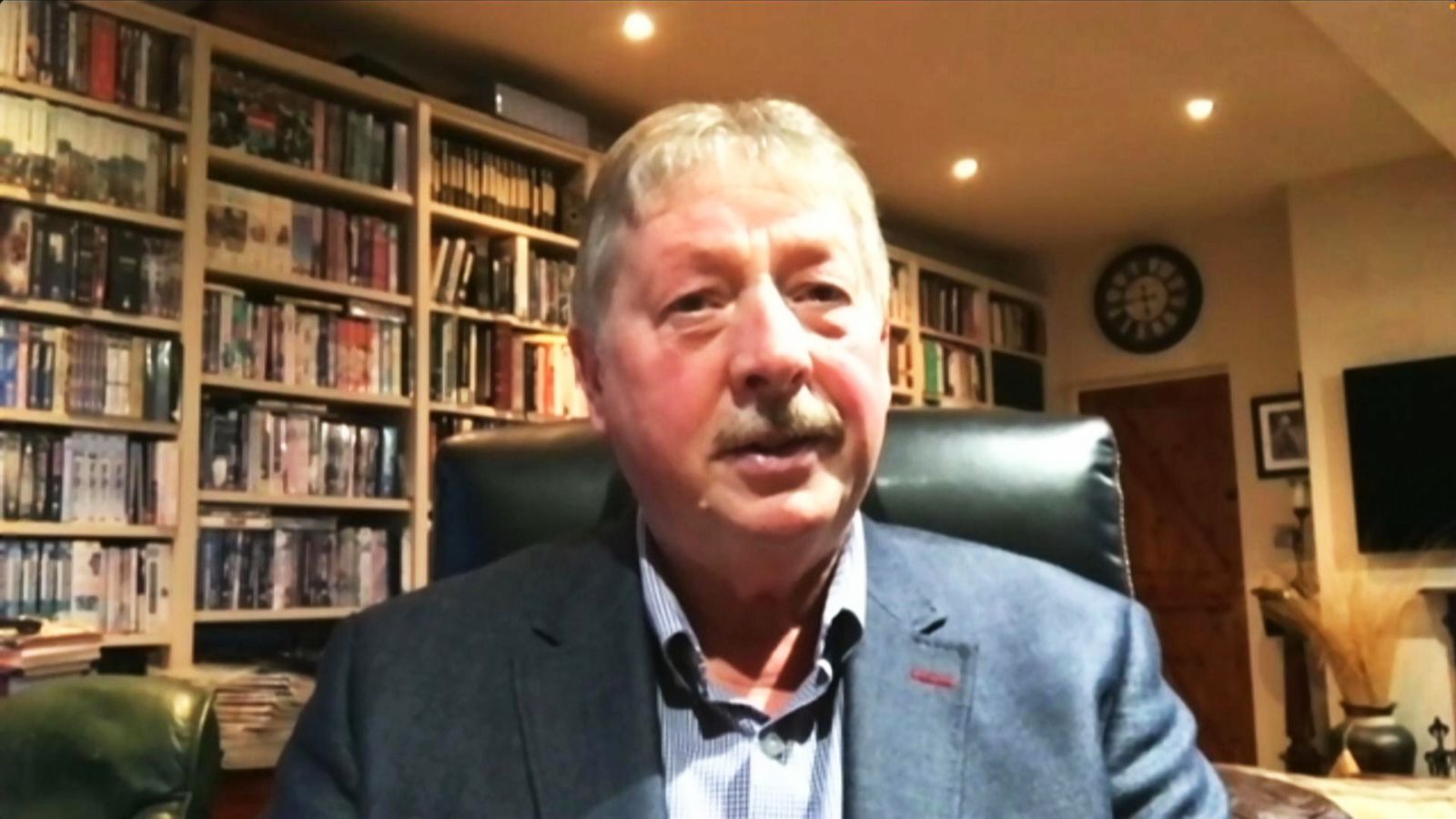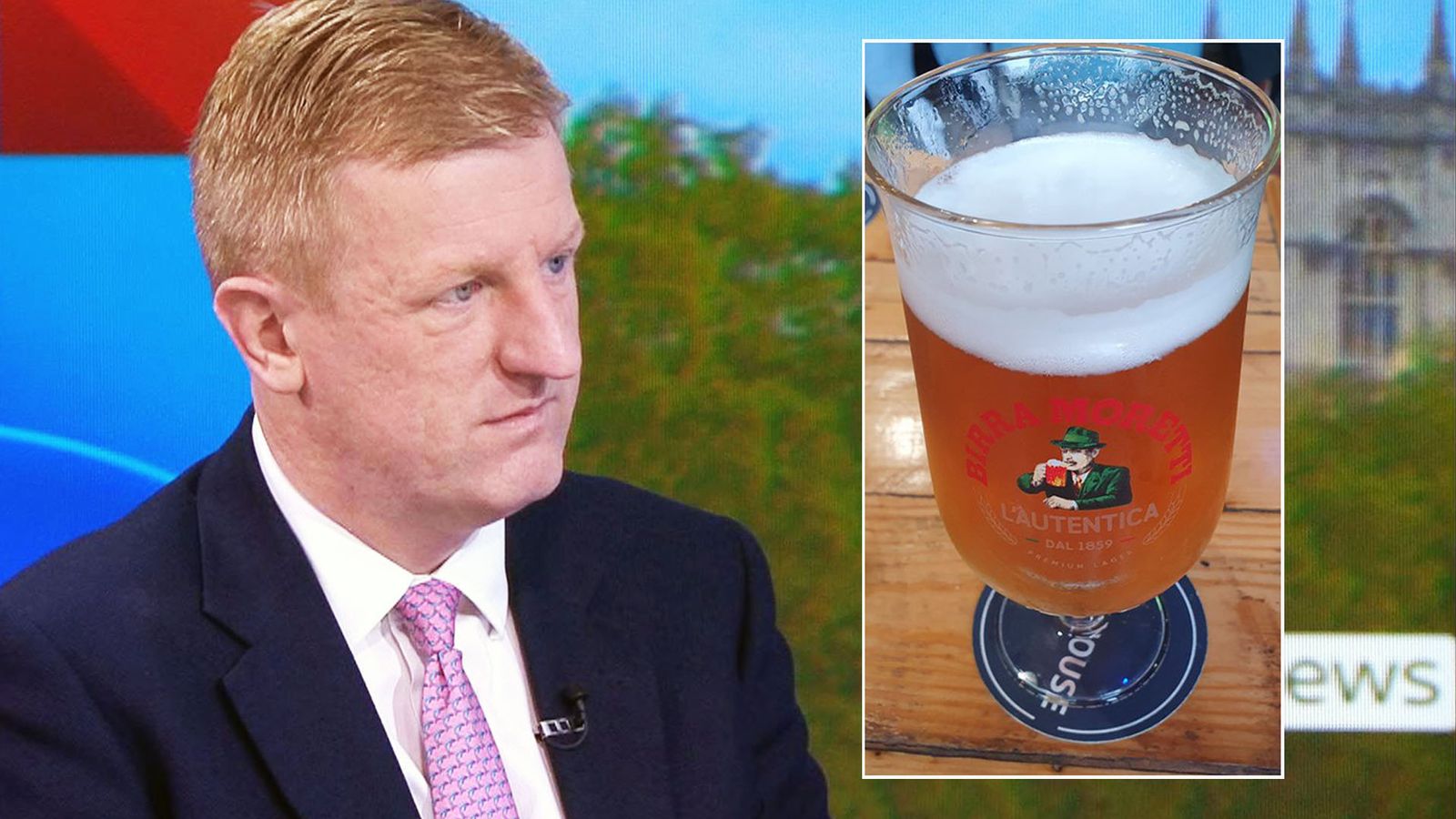Nicola Sturgeon told Boris Johnson on a Sunday phone call that a second independence referendum was question of “when, not if.”
Her political future depends on both the ‘when’ and the ‘if’.
If she doesn’t deliver and win a referendum in this parliamentary term, it will surely be her last.
While the election result was undoubtedly good – very good – for the SNP, a vote that underpinned its dominance in Scottish politics, it didn’t necessarily provide the foundation for an independence push.
The vote share was evenly distributed between parties that support independence and those that don’t. The SNP has long regarded sustained support among the electorate of around 60% as its preferred platform and, while it has grown recently and been consistently higher than 50% in a number of polls, it offers no guarantee that a referendum would result in a breakaway.
Nicola Sturgeon needs to secure the backing of the ‘Indy-curious’, the people who voted to stay in the UK at the 2014 referendum but whose heads have turned as North and South have taken diverging political paths.
It is a part of the electorate that Ms Sturgeon must carry with her. Her personal popularity helps, and her strategy of patient persuasion has had incremental success. Her difficulty is in balancing the interests of Indy supporters, hard and soft.
A push too radical and too reckless in the midst of health and economic uncertainty could discourage the ‘Indy-curious,’ already nervous about questions – old and new – regarding currency, EU re-admission and the prospect of a hard border with the rest of the UK.
On the other hand, proceed too slowly, and a sizeable section of the committed independence movement – already restless – will ask why, after 14 years of SNP government, are they still some distance from the dream.
Both the curious and the committed seek evidence of a strategy that will deliver a referendum. For all the talk of the power of a pro-independence majority in the Scottish parliament, there’s little outward sign that this election will break the impasse.
In public statements since the election, Nicola Sturgeon has reinforced her focus on the COVID recovery and then, and only then, on the pursuit of a referendum.
No-one is arguing about the importance of pulling away from the pandemic and the characterisation of her governance as ‘serious leadership’ offers reassurance in difficult times.
What’s less visible is referendum reassurance. Outwardly, there’s plenty of ‘if’ to counter the ‘when’ and she knows that can’t last forever.
The election might have turned a page on the independence story but the big plot lines remain the same.
‘Referendum, a rough draft’ already has, in heavy pencil, the request for consent to Boris Johnson, his refusal, a Holyrood bill to push ahead, followed by a possible legal challenge.
It’s a tale already well-told to a public increasingly weary, on both sides.
The ending remains a matter of “when and if”. And “how”.



